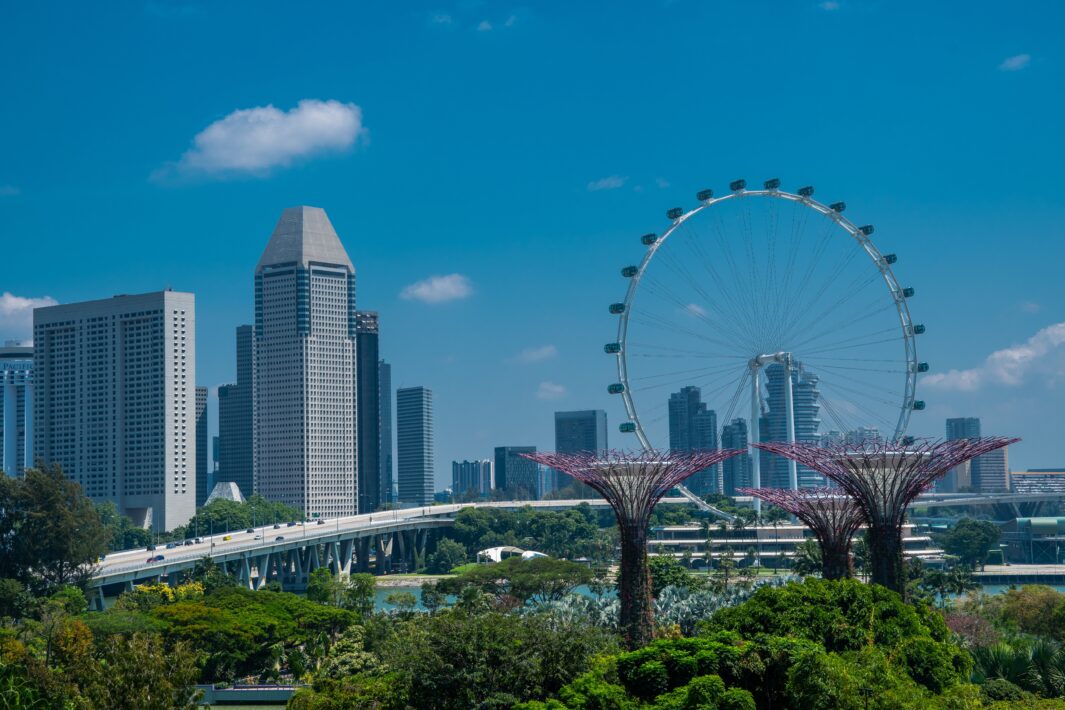FOR sustainability, the turn of the year from 2024 to 2025 will be a pivotal watershed. From global climate compacts to political interventions, the future of climate change actions remains on balance between sustained momentum and back-pedalling. Some corporates, too, are rethinking how to weigh sustainability purpose with financial profits.
On the local front in Singapore, 2025 will see the start of a key sustainability reporting requirement beginning with listed companies. This adds to the array of obligations for sustainability and climate reporting already promulgated by the Singapore Exchange.
From COP29 to COP30
The United Nations Climate Change Conference (COP29), which closed on Nov 22, 2024, had two major outcomes.
The first outcome is that developed nations will pool some US$300 billion per year by 2035 to help developing countries cope with the effects of climate change. This amount is more than the US$100 billion pledge per year which will expire in 2025, but far less than the US$1.3 trillion requested by developing nations.
The second outcome is that there is now consensus on standards regarding how international carbon credit projects will work. Relating to Article 6 of the Paris Agreement, this development will add confidence to the trading of carbon credits among countries and companies.
The path to the next climate conference (COP30), to be held in Brazil in November 2025, will hold the key to the direction of global climate change actions.
Global political and corporate divides
Donald Trump will be inaugurated as the new US president on Jan 20, 2025. It seems almost a given that he will withdraw the US from the Paris Agreement a second time, having done so during his earlier presidential term. The US action may even spur other countries to rethink their involvement in climate action.
There could also be deregulation of certain sectors, leading to less impetus for companies to comply with sustainability-related regulations. The uncertainty could lead companies in the US and other countries to hold back on their sustainability initiatives.
Moreover, the year 2024 has already seen a flurry of businesses adjusting their sustainability targets due to economic and implementation reasons.
Air New Zealand withdrew a target to reduce its carbon emissions intensity by 28.9 per cent by 2030, when compared to 2019 levels. This may be a harbinger of what is to come for airlines dropping their emission targets. In the Science Based Targets initiative (SBTi) database, airlines that have removed their commitment to near-term emissions goals included easyJet, Japan Airlines, Latam Airlines Chile, Lufthansa and United Airlines.
British multinational consumer goods company Unilever changed its goal of halving its use of virgin plastic by 2025 to reducing its use by 30 per cent in 2026 and by 40 per cent in 2028. In fact, the company has adopted a more balanced approach between purpose and profit, delivering on both sustainability commitments and financial goals. Business professors have dubbed this as the new “realistic sustainability” in a case study published in The Financial Times.
How 2025 unfolds will decide the trajectory of the sustainability momentum, particularly in the carbon emissions aspect of climate change actions.
Climate disclosures for Singapore
For Singapore, it is necessary to not be too quick to dismiss the significance of sustainability. How should corporates navigate the global backdrop of uncertainties? Should companies in Singapore sit out and watch the global trend unfold first?
Even with the doubters, the impetus for sustainability regulation, especially climate change, is reaching an unprecedented criticality point.
Collectively, the world needs sustainability and the “control” of climate change. Yet, everyone is waiting for others to start. It is precisely because of inertia, scepticism or even the free-rider problem that regulation has to step in to address the conundrum.
Sustainability regulation in Singapore will see the adoption of the IFRS Sustainability Disclosure Standards. From the financial year 2025, all listed companies in Singapore need to report their Scope 1 and Scope 2 greenhouse gas (GHG) emissions.
Large non-listed companies, defined as those with annual revenue of at least S$1 billion and total assets of at least S$500 million, should also step up their capabilities in climate reporting, as they have to do so from FY2027.
The Singapore imperative
Small Singapore’s sustainability drive will probably not make any difference to the world. Its companies are unlikely to move any needle in the global action for climate change.
Yet, even if it is not for compliance with the impending regulation, it is in the self-interest of Singapore companies to report on sustainability, especially in GHG emissions.
Regulations in the European Union, such as the Corporate Sustainability Reporting Directive, are in full swing and among the requirements, businesses there will need to know the carbon footprints of suppliers. Eventually, certain non-EU entities operating in the bloc will have to comply with the sustainability regulations, too.
Thus, Asian companies, not least Singapore companies, will need to up the game in sustainability compliance.
Sustainability, particularly climate actions, is ultimately about the transition. The preparations for climate change may seem even more demanding than climate change itself. Indeed, the journey is sometimes more painful than the destination.
Embarking early on the transition pays off. The penalty to be paid is being left out in the global markets. This is all about revenue, profit and market value.
From 2024 to 2025, the bottom line is to get on track even if there are obstacles and roadblocks. The grand directions of the COP climate change meetings will be the compass – regulations will be the GPS. There is no room for politics to get in the way.
Commentary was first published in The Business Times.






